
About Tinnitus
Tinnitus is characterized by the ringing in the ears whenthere is no corresponding external sound. Patients suffering from this problemmay also hear some other sounds, which also have no external source. This isnot considered to be a disease or an illness, but it is often symptom of some other condition.Tinnitus can be associated with aging and it is normal that people experiencehearing loss and hearing problems as they age. About 20% to 32% of peoplebetween 55 and 65 years of age experience tinnitus, according to some data. Also,extremely loud sounds, especially if the person listens to very loud music fora long period of time, can lead to tinnitus. In some other cases, the sameproblem can be provoked by ear infections, allergic reactions, accumulation ofear wax or when a foreign object enters the ear. Prescribed medications arealso found to be a cause of tinnitus in many cases, as these drugs have potentialto harm the ear. In medical term, medications known to cause ear and hearingproblems are known as ototoxic drugs.
Tinnitus can vary in severity, and while some patients experiencemild difficulties, others reported sleeping issues, but also inability to dealwith everyday activities and work responsibilities.
Prescription Drugs That May Cause Tinnitus
As stated above, ototoxic medications are those that cancause damage to your ear and provoke tinnitus or some other hearing problems,such as vertigo and dizziness. In most cases ototoxic drugs impair thefunctioning of cochlleo-vestibulate system and thus cause hearing problems.
There are several groups of medications that could lead to tinnitus.Some of them are used to treat minor medical problems, such as headaches,toothaches or some other mild pains. For those, doctors and patients might findsubstitutes that will cause similar pharmacological effects but won’t causehearing problems. These include medications such as non-steroidalanti-inflammatory drugs (NSAIDs), Aspirin and Aspirin-related prescriptiondrugs that contain salicylates, as well as Advil, Anaprox, Clinoril, Felfdin, Indocain,Lodine, Mortin, Naflon, Nuprine and Naprosyn.
However, there are medications that simply can’t be substituted and patients must use them regardless of their adverse effects on the hearing. Thisincludes chemotherapy drugs like Nitrogen mustard, Vincristine or Cisplatin. Doctorsusually prescribe antihistamines and steroid medications to counteract negativeeffects of these drugs.
Loop diuretic medications (Lasix, Endecrin and Bumex) and someanti-malarial medications (Quinine, Q-Vel, Aralen and Atabrine) are also wellknown to be responsible for tinnitus in some patients.
Aminoglycosides antibiotics, Erythromycin, Vancomycin andother “mycin” antibiotics can all cause tinnitus.




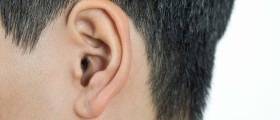




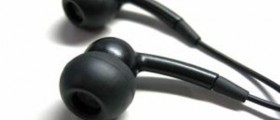

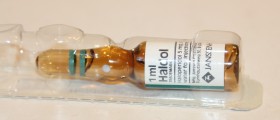
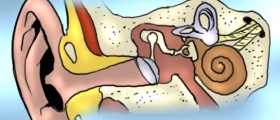

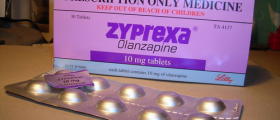


Your thoughts on this
Loading...